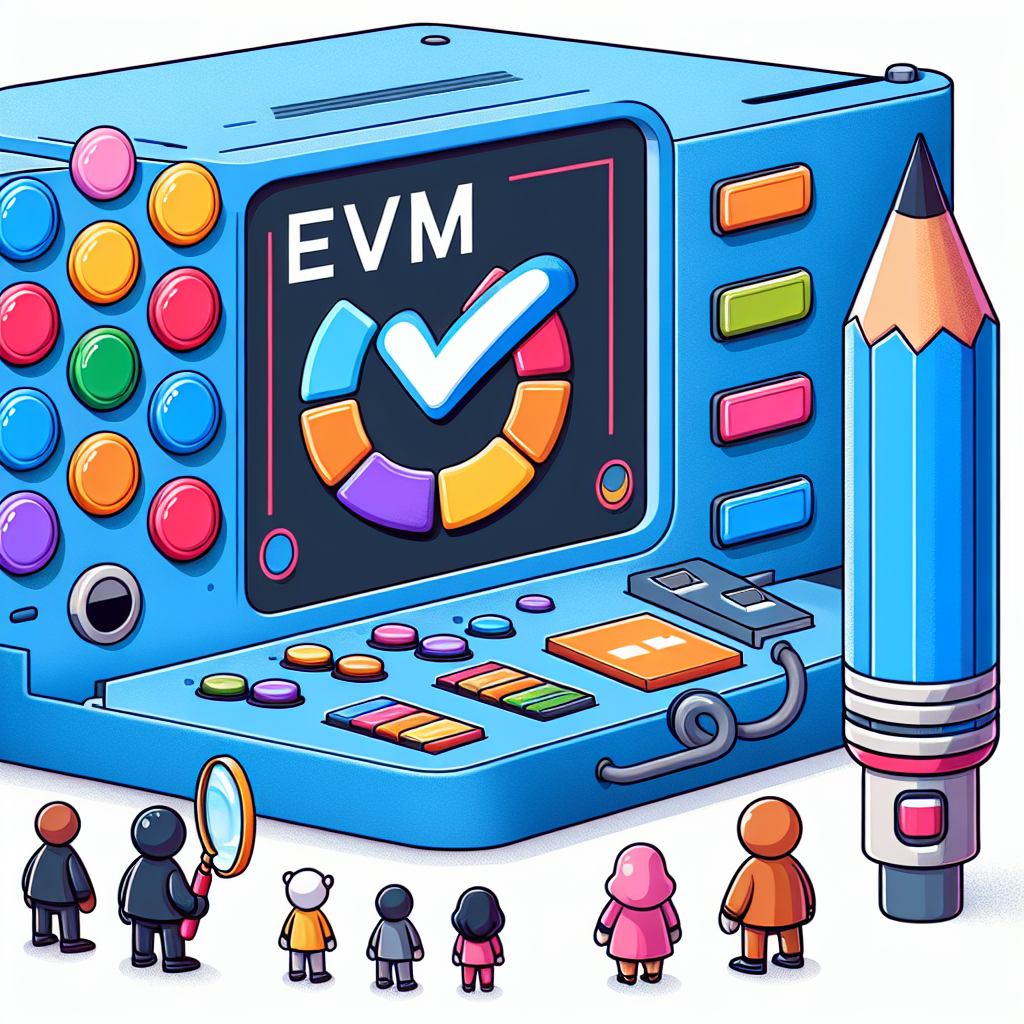Controversy Over EVMs Intensifies: Supreme Court Allows Limited Verification
The Election Commission received applications from various candidates, including those from the BJP and Congress, for tampering verification of EVMs. The Supreme Court deemed the suspicions unfounded but allowed limited verification for second and third-placed candidates upon payment. The EC has set out procedures and costs for the verification process.

- Country:
- India
The Election Commission is facing increasing scrutiny after it received eight applications from aggrieved candidates, including those from the BJP and the Congress, for verification of tampering or modification in the micro-controller chips embedded in the EVMs. This comes following the declaration of the Lok Sabha election results on June 4.
On April 26, the Supreme Court dismissed concerns of manipulation in electronic voting machines as 'unfounded' and rejected switching back to the old paper ballot system. However, in a significant decision, the top court allowed candidates who secured second and third places to seek verification of micro-controller chips in up to five percent of EVMs per assembly constituency, provided they submit a formal request and pay a stipulated fee.
BJP's candidate from Ahmednagar, Maharashtra, Sujay Vikhe-Patil, who lost to Nilesh Lanke of the NCP, has notably requested verification of machines from 40 polling stations. The Election Commission's data reveals that eight parliamentary seats across six states and a total of 92 polling stations are involved in the verification requests.
(This story has not been edited by Devdiscourse staff and is auto-generated from a syndicated feed.)
ALSO READ
"Analysed entire Lok Sabha elections...": Maharashtra BJP president Chandrashekhar Bawankule
"BJP is behind paper leaks...": MP Congress chief Jitu Patwari on NEET, UGC-NET issues
Delhi water crisis: BJP workers hold protest outside Jal Board office; police use water cannon
"Should draw 'Laxman Rekha'...": AAP's Saurabh Bharadwaj on TMC attacking Congress
Congress President Kharge Slams BJP over Anti-Paper Leak Law










